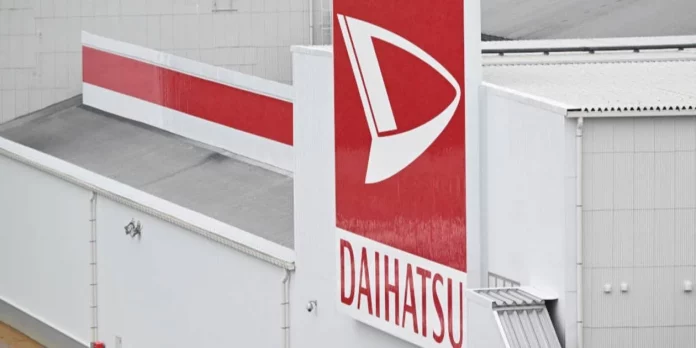The largest Japanese carmaker, Toyota, announced on Dec. 20, that its Daihatsu division would stop shipping any of its vehicles after an investigation into a safety scandal revealed problems with 64 models, over two dozen of which are sold under the Toyota name.
Daihatsu has been the subject of an independent panel’s investigation since it revealed in April that it had manipulated side-impact safety tests for 88,000 small cars. Daihatsu is Toyota’s small-car unit and produces several of the so-called “kei” smaller cars and trucks popular in Japan. The panel discovered that the most recent problems also affected certain domestically marketed Mazda and Subaru cars and foreign-sold Toyota and Daihatsu models.
However, the most recent data indicates that the scandal’s reach is significantly wider and deeper than previously believed, which might damage the automakers’ image of safety and quality.
Toyota stated that revitalizing Daihatsu required a fundamental reform and review of certification procedures. They emphasized that this task would be significant and could not be accomplished quickly. “It will require a review of management and business operations and the organization and structure.”
According to the investigation, Daihatsu employed different airbag control units for airbag tests for some models used in vehicles marketed to the general public, such as the Mazda Bongo, Town Ace, and the Pixis Joy models manufactured by the automaker. Additionally, models from Toyota that were impacted included those for the countries of Mexico, Ecuador, Peru, Chile, Bolivia, and Uruguay in Central and South America, as well as those for the Southeast Asian markets of Thailand, Indonesia, Malaysia, Cambodia, and Vietnam.
Toyota claimed it was unaware of any accident associated with the issue. Although the airbag met passenger safety regulations, they acknowledged that side-collision tests on the two models might not comply with legal requirements.




